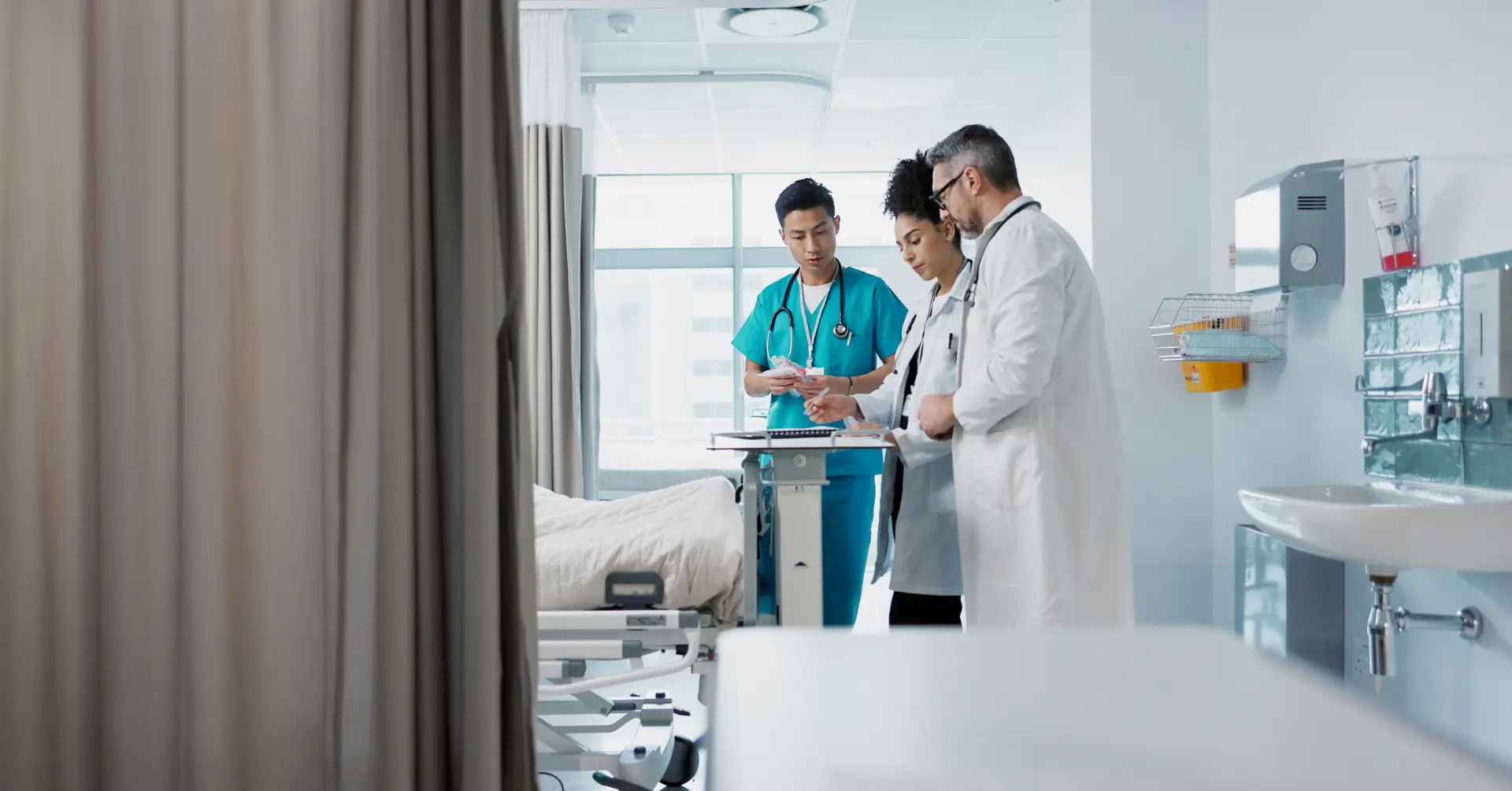Innovation entails developing new initiatives and programs while also evaluating existing ones to determine which must be phased out. To truly innovate, you must create a culture of change that is ready to embrace new ideas and discard old ones that are no longer working. The latter is often referred to as “de-innovation.”
Deciding which projects to shelve and where to allocate funds for better use is not always a conversation health care executives and clinical leaders want to have. However, learning from mistakes and incorporating them into future projects can keep innovation moving forward, benefiting patients and staff alike.
Innovation vs. De-Innovation
The dictionary defines “innovation” as introducing a new idea, method, or device. But it is not just about creating new ideas but also implementing them to increase value.
On the other hand, de-innovation involves eliminating longstanding, deep-seated practices and processes IF they are no longer useful because new evidence or approaches have proven more effective.
While the processes involved in accepting new ideas are not the same as letting go of old ideas, neither are they opposites, but two sides of the same coin.
Challenges to De-Innovation
Letting go of outmoded ideas and processes can be challenging. There is fear involved in turning loose the familiar to embrace something new and untested. In order to overcome such fear, you must account for three specific challenges.
Confirmation Bias
Confirmation bias is the tendency to favor information that confirms prior beliefs. It is a cognitive shortcut humans use to speed up gathering and interpreting data.
When looking at scientific studies, people are more likely to be critical of methods that contradict their beliefs, thus strengthening their original position. That is complicated by the fact that no medical study is flawless, and clinicians often make close calls.
Typically, clinicians perform trials when there is controversy, and slight differences in study results often aren’t enough to convince opposers of the evidence.
With their scientific background, clinicians are trained to be critical of methods and identify weaknesses in experiments, such as limited follow-up periods, failure to measure other outcomes, and reliance on outdated technology. Their rationale is scientifically sound, but reliable studies are always limited in their abilities, and it becomes a hurdle to accepting innovative ideas and processes.
Experience Bias
Experience bias is another challenge health care leaders must wrestle with. Information that comes easily to mind — emotionally charged, vivid cases, for instance — often influences clinical judgment.
When you’re close to a situation, anecdotal evidence can make things seem bigger and more important than they really are. However, more extensive studies and tests don’t always back up experiences, leaving clinicians worried about missing something.
Clinicians are right to be concerned about patients that may fall through the cracks if they let go of old processes. Rather than replace them, however, they simply add the new tests and procedures. It’s a compromise — adopt the innovations but don’t “de-adopt” the tried and true even if it doesn’t work as well.
Shifting Standards
When something is taken away, people tend to place more importance on it than they would otherwise.
Discarding old processes or practices, even when replaced with something that may serve the purpose better, creates a psychological desire to cling to what we already have.
A good example notable in new technology is clinicians taking patient notes on notecards instead of smartphones, tablets, or computers.
It’s not a matter of casting blame. We recognize clinicians’ expertise and applaud their concern for patient health and safety. But we should also push them to fully embrace new, evidence-based solutions instead of simply adding them into the mix.
How to Foster De-Innovation
We can’t deny that challenges like these exist, but we can overcome resistance to de-innovation by cultivating a culture of change by taking a few practical steps.
Ensure panels and committees include competing biases for open discussion. Groups are typically better able to see past biases than individuals, so create panels and committees to discuss issues instead of relying on singular experts.
Emphasize evidence over clinical judgment. Data versus opinion can be a tough pill to swallow, particularly in medicine, where clinical practice combines science and art.
Resist premature extension of innovations in unproven areas. Make small, targeted changes at first before going widespread. Incremental changes are easier to adjust and avoid rollbacks for larger audiences.
Encourage clinicians to explicitly consider how personal experiences bias their interpretations of clinical evidence. Acknowledge the challenges and resistance, name them, and help clinicians think about what they’re experiencing.
Conclusion
Adopting new practices is challenging. Giving up old ones that once proved effective is even harder. For some, “de-innovating” becomes a matter of attrition, a weakened resistance due to continuous pressure to accept new approaches. Nevertheless, for a culture of change to thrive, clinicians, hospitals, and health systems must be willing to embrace innovation and de-innovation with equal enthusiasm.
SCP Health is a leader in health care innovation. We combine innovative strategies and technology to advance operational efficiency, streamline workflows, reduce administrative tasks, and improve patient care and safety. Contact us to learn how we can help your hospital or health system transition to a culture of change.





